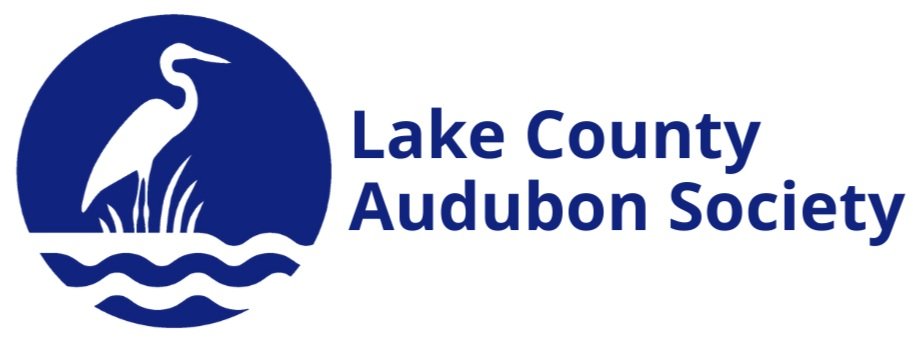MONITORING
Volunteer — Bird Monitoring
As part of our memorandum of understanding with the City of Waukegan, we provide bird monitoring of the lakefront and dune area. Members of our team report bird sightings and SOS-W creates a year end report that is shared with the City of Waukegan as well as partners in governmental agencies and community organizations. We have a unique opportunity to provide insight into the beneficial nature of the beach and grassland habitats for a large number of species.
A link to the 2024 SOS-W Bird Monitoring Summary report can be found HERE.
Volunteer — Piping Plover Monitoring
We have a team that is given enhanced training to monitor the endangered Great Lakes Piping Plovers if they nest on the beaches in Waukegan. Volunteers are given training that includes:
Identifying Piping Plover Habitat:
You'll learn to recognize suitable breeding habitat, which typically includes gently sloping, sparsely vegetated sand beaches with a certain shoreline length and beach area.
Piping Plover Behavior:
You’ll learn how to understanding their nesting behavior, including nest location, incubation periods, and chick rearing.
Monitoring Techniques:
You'll learn how to conduct surveys, record data, and identify potential threats to plovers and their nests.
Disturbance Mitigation:
You'll learn how to minimize human disturbance to plovers and their habitat, such as educating beachgoers about the importance of keeping a distance from nests and chicks.
Data Collection:
You will learn how to fill out monitoring forms and collect data on plover nests and chicks.
General Monitoring Basics:
The training covers basic information about the SOS-W program and situations that volunteers may encounter. The program is useful whether you are a new or returning volunteer for the monitoring support team.
The piping plover monitoring team in actively at work from around the end of April through the end of August. We begin scouting the beaches for signs the plovers have returned and are attempting to nest in April. If they successfully nest we monitor them until the chicks fledge and leave the beach, which generally occurs around the third week of August. There are can sign up for morning or afternoon shifts that work for your availability.


